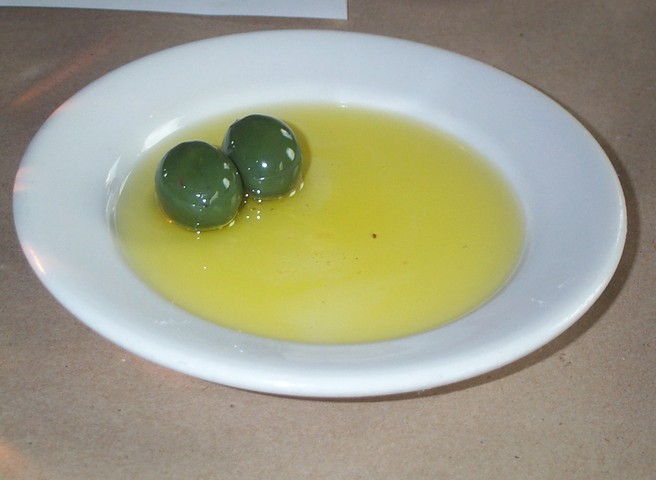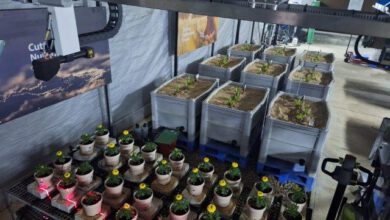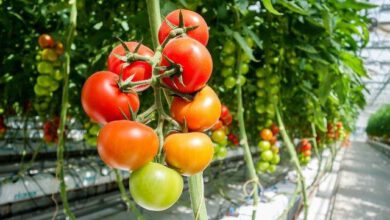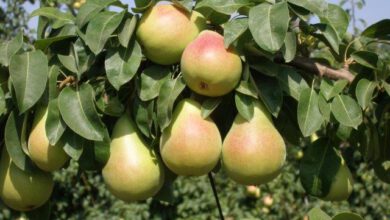The Land of Milk, Honey, and Olive Oil – Israel
The surprising Mediterranean's creme de la creme of olive oil production

Reuven Birger, the longtime olive- and almond-growing chief specialist at Israel Ministry of Agriculture’s, tells that most Israeli olive oil production is for domestic use, while only about 1,000 tons are exported, mainly to the United States. Some 150 boutique brands based mainly on small moshavim, or cooperative farming villages have joined large producers, such as Yad Mordechai, in recent years. According to Birger, there are probably 100 more boutique growers that do not have their own label, but sell to producers.
Israel’s larger Mediterranean neighbors in particular, Spain, Greece and Italy, dwarf these numbers. Spain accounts for 40 percent of world production, with an average export of 58,000 tons of olive oil every month.
However, several features differentiate the Israeli olive oil, according to Zohar Kerem, a food chemist whose expertise is in olives at the Institute of Biochemistry, Food Science and Nutrition of the Rehovot agricultural campus of the Hebrew University of Jerusalem.
Not only most Israeli olives are irrigated with salty (brackish) and purified wastewater, which is environmentally beneficial, but it also does not diminish the fruit’s quality and actually enables farmers to use fewer fertilizers.
Kerem says that “all countries produce excellent olive oil, but there are differences”. “In Spain, up to 70% of what they produce is not extra virgin [low acidity]. A large portion is not even virgin [from the first pressing]. That’s because of the tradition of the industry, not because they cannot produce only extra virgin, as we Israelis do.”
Kerem says he’s come to the conclusion that the Israeli “type A” personality is the main reason Israeli olive oil is almost exclusively extra virgin. People tend to be more laid-back in the European Mediterranean region.
“The moment we start, we want to complete the process, and the whole system is built for that,” he explains. “Harvesting is done in a rush, as opposed to Spanish, Italian and Greek farmers who harvest till March.
Via the Israel Ministry of Foreign Affairs, published on July 17, 2014. Click here for the original article.




